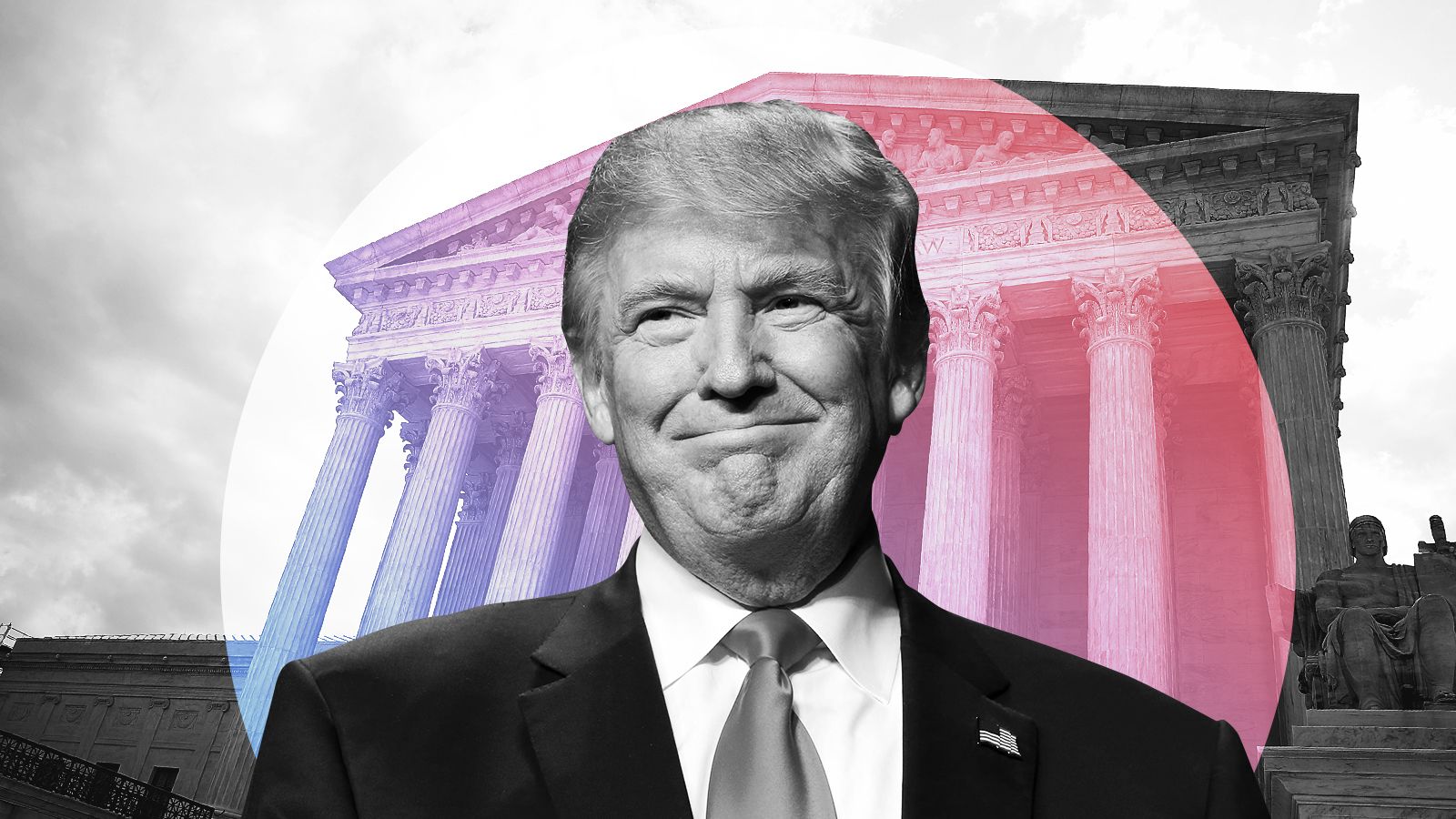Supreme Court’s Influence on Presidential Elections
The Supreme Court has emerged as a pivotal player in the 2024 presidential election, as it grapples with several disputes concerning the fate of GOP frontrunner Donald Trump. The court has been embroiled in numerous election controversies this century, from deciding the 2000 election outcome in a contentious decision that handed the presidency to George W. Bush, to rejecting last-ditch GOP attempts to help Trump retain power in 2020. Now, the justices must swiftly determine if the former president is eligible to be on the ballot and whether he’s immune to prosecution from special counsel Jack Smith, both controversies arising from his efforts to overturn the 2020 election leading up to the January 6, 2021, US Capitol attack.
Trump’s Eligibility and Immunity Under Scrutiny
In Colorado, the state Supreme Court ruled that Trump was constitutionally ineligible to run in 2024 due to the 14th Amendment’s ban on insurrectionists holding public office, which they argue covers his conduct on January 6. The justices wrote in their majority opinion that Trump incited and encouraged violence and lawless action to disrupt the peaceful transfer of power. The Colorado justices have paused their ruling until January 4, awaiting Trump’s appeal. Once Trump inevitably asks the justices to review the ruling, the pause will be extended until the nation’s highest court announces whether it will take the case and, if it does, until it hands down its final decision.
Trump’s Immunity from Prosecution Questioned
Trump’s pre-trial strategy in his federal election subversion case has largely revolved around an effort to get courts to dismiss the charges based on novel claims that presidential immunity protects him from being criminally prosecuted for alleged crimes he committed over the 2020 election results. However, the trial court judge overseeing his criminal case rejected those arguments earlier this month, prompting Trump’s team to ask the federal appeals court in Washington, DC, to review that decision.
Supreme Court to Review Obstruction Law
The Supreme Court agreed last week to consider whether part of a federal obstruction law can be used to prosecute some of the people involved in the Capitol attack. How the justices rule in the case could significantly impact Smith’s pursuit of Trump by potentially unravelling part of his case against the former president.
Dispute Over Gag Order
The high court might also be asked by Trump to take up his challenge to a limited gag order issued against him in the federal election subversion case. Earlier this month, the DC Circuit mostly upheld the gag order, which was first issued against Trump by District Judge Tanya Chutkan, who is overseeing his case.
Policy Issues on the Docket
Apart from the controversies directly concerning Trump that the justices could agree to review, the court’s docket this term is already stacked with several controversies that will weigh on voters’ minds as they head to the ballot box later next year. They announced last week that they would hear a major case concerning access to the widely used abortion drug mifepristone. The court is also deciding a major Second Amendment case and will hear a pair of cases that ask them to overturn decades-old precedent to scale back the power of federal agencies.

